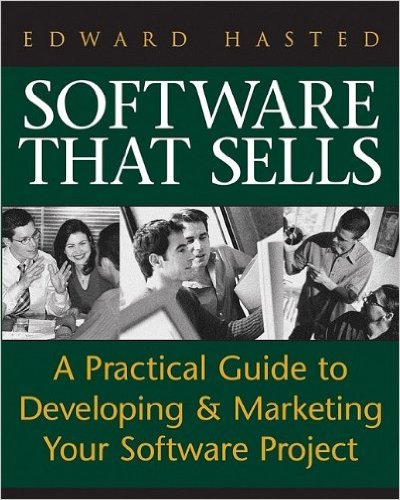Rant: Book Development Editors are a dying breed
I used to do a lot of development editing for books. It was fun work. You were able to see the impact on the books you were working with. You could see author’s writing getting better as they started to get used to your comments. They would quit taking short cuts. They would begin to view the material from the reader’s point of view.
The job of the development editor in the book process is to “develop” the material. In other words, the development editor is supposed to make the material better. Development editors don’t do this by adjusting the placement of the commas or the number of capatilized letters (that’s the copy editor’s role.) Instead, the development editor looked at the tone, overall flow, depth, and other broader issues. They focused the author’s attention on these issues so that they could be improved upon.
What I’ve realized from the reading that I’ve been doing lately is that the development editors aren’t doing this today. It’s likely because they’re too busy with other projects but still the abscense of this assistance for the author is painfully missing from many technical books today.
The book industry is right to be scared of the Internet and the way that we consume information these days, however, they’re not doing themselves any favors by shortcutting the development process in favor of books that are quicker to market.
I read a lot of blogs, articles, and shorter content on the Internet. However, when I really need to have a thorough understanding of a topic, or I need to make sure that the information is right, I go to a book. I use them as authoritative voices — however, this is challenging for me when the books have no more thought or organization to them than a typical one of my blog posts.
I wonder if the technical book publishing community will totally collapse before they learn what made Wrox what it was. Ok, before they went bankrupt. The point is, however, that the brand of Wrox was powerful. Having the opportunity to work with them (as a technical editor), I can tell you that they crafted their books. The development editor was very involved. They had the material run through two technical editors. Everything was designed to get a quality product — at the center of that effort was the development editor who was managing all of the support that they were providing to the author.
Of course, the days where you could expect that a book won’t wander — that it will follow a clear, intelligible outline are long gone … Some days, I wish I could go back.

